Over the past twelve months, the Autocar team has spent considerable time in over 20 different cars.
Our long-term test fleet included cruisers, flagship sports cars, and load luggers, which ran from the depths of winter to the blaming sun of summer.
But which served most capably, and which cars were we sad to see go? In our annual long-term test awards, we've listed the best of the best.

Winner: Maserati MC20
Maserati threw a party and we were all invited - but only a few of us managed to get in the door.
The MC20 was never in our car park for more than 10 minutes before someone came up with a ‘legitimate reason’ for needing it that evening. “I’ve got urgent business on the other side of the Brecon Beacons,” they would say, or “I left my wallet at the end of the Stelvio Pass.” Nonetheless, some unlucky hangers-on were left out in the cold.
Rachel Burgess would have put the Italian supercar through its paces but for the lack of Isofix mounts: “The legal implications of my three-year-old sitting in his child seat attached with a seatbelt meant it was a no-go.”
Jack Warrick had no such moral qualms, but the keys just always seemed to elude him: “Having a twin-turbo-V6-powered supercar in our fleet is a rare occurrence, a fact reflected in how it was always occupied when I wanted a go!”
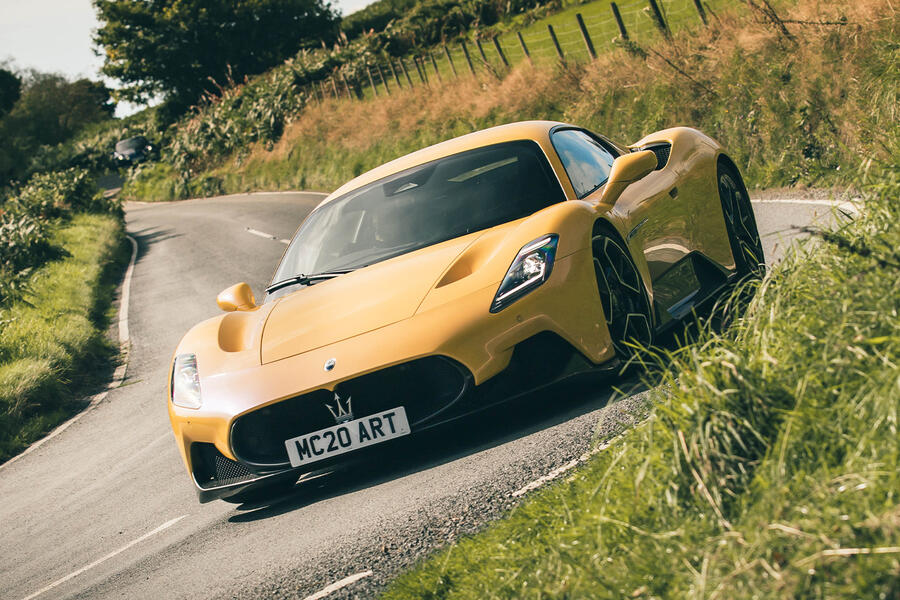
Matt Prior proved himself the world’s unluckiest man in missing not only the MC20 but also its closest rival, the McLaren Artura, which he reckons he still hasn’t driven at all, “although I couldn’t say for sure, worryingly”. Hopefully being the only one of us to have driven the Ferrari 12Cilindri is some consolation.

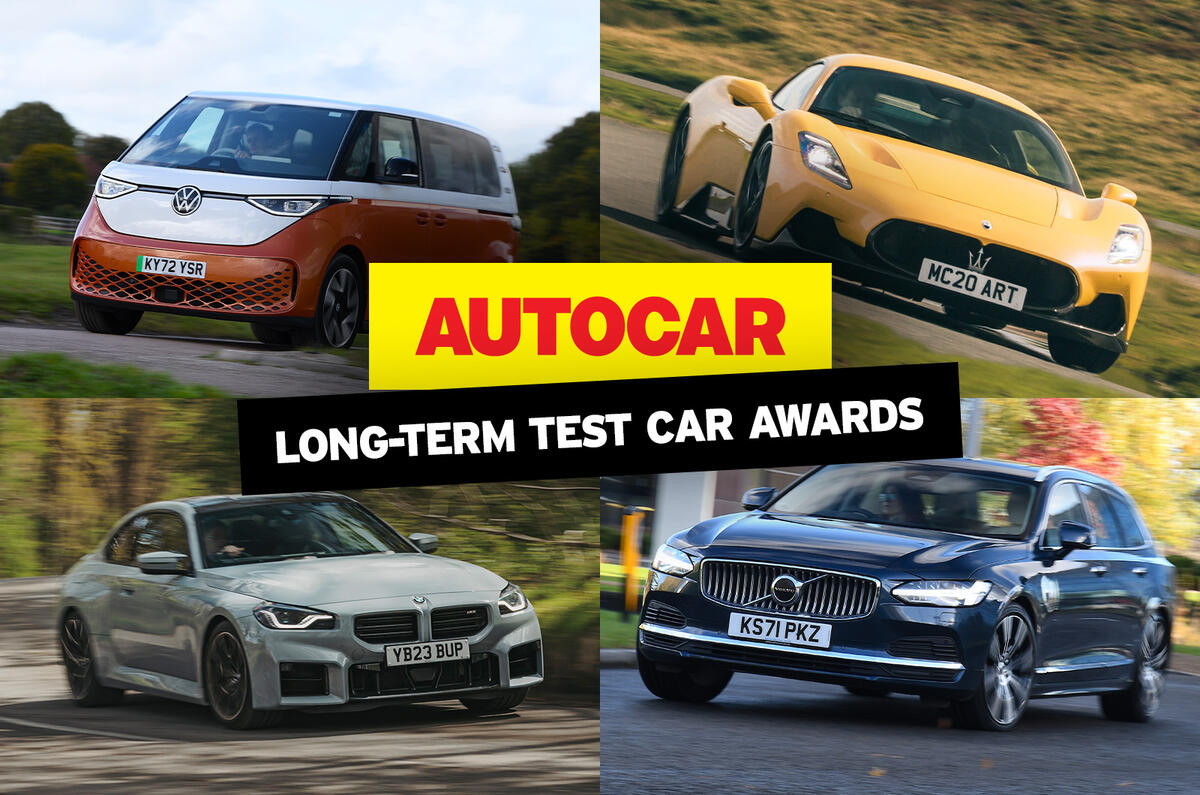


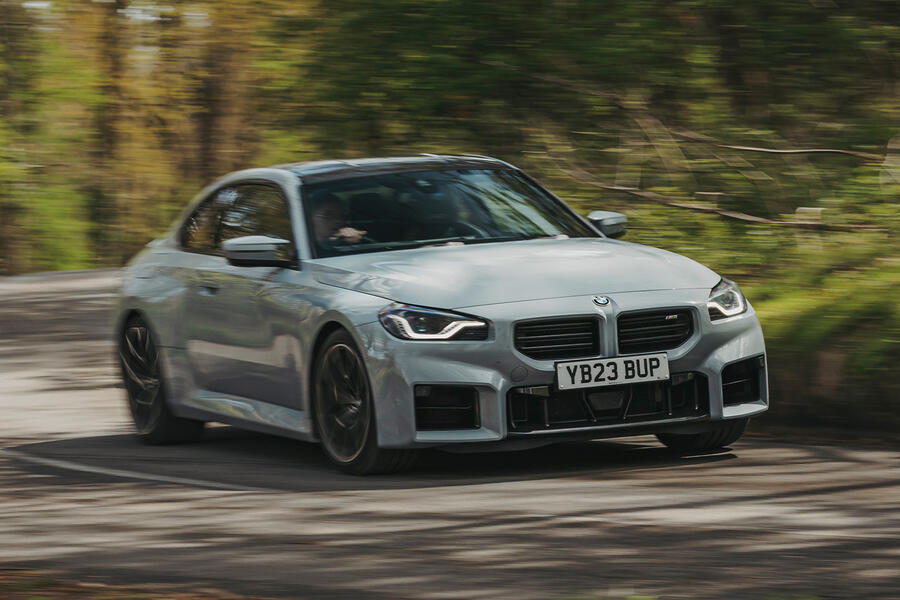



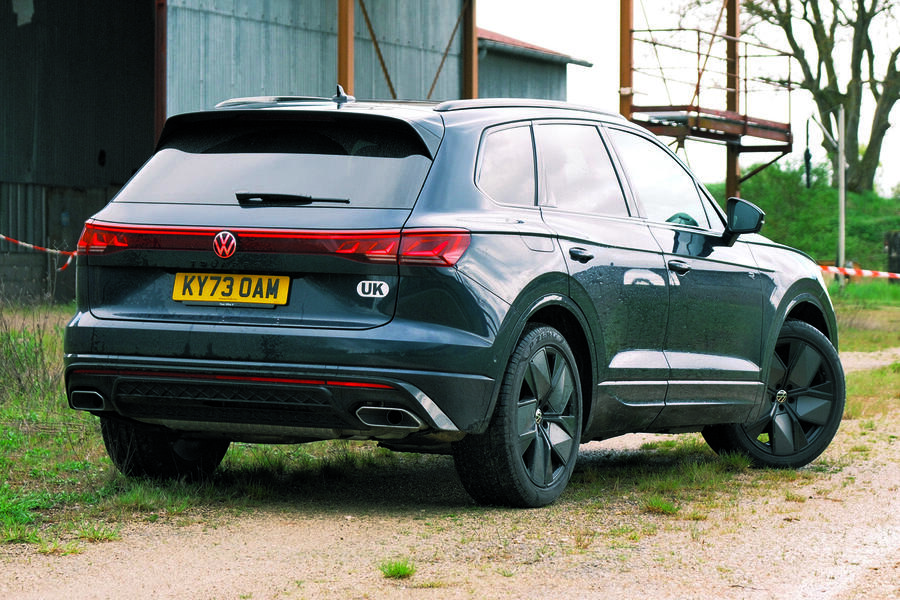



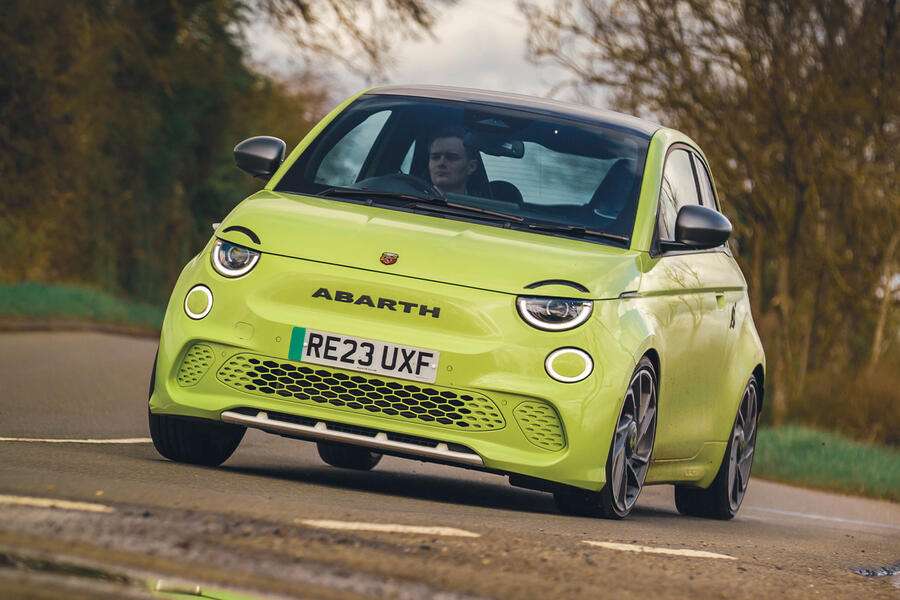







Join the debate
Add your comment
4 (50%) of the winners are Stellantis cars, 3 Italians. Holland and Italy thank Autocar for encouraging the company in its current situation.
The tiny Polish-American SUV needs some polish, according to Autocar
The Alfa Romeo photo shows the car in a common position - beside the road with the bonnet open.
Sorry, Alfa. You must recruit some Italian speaking Japanese for your management.